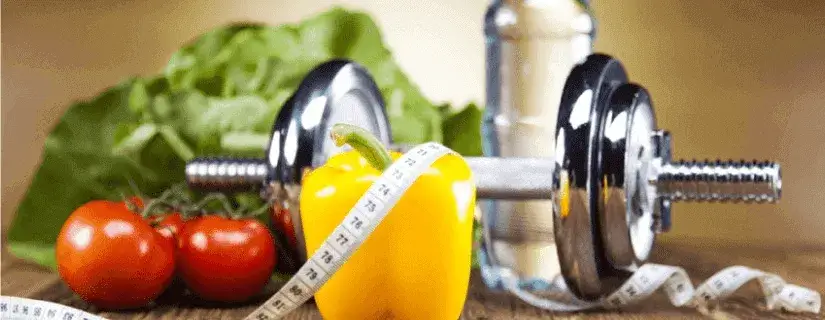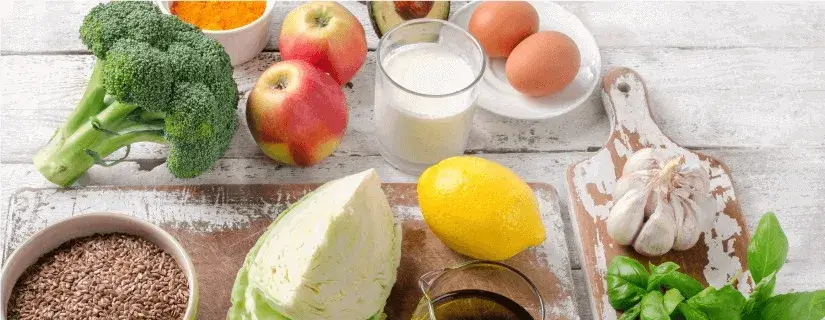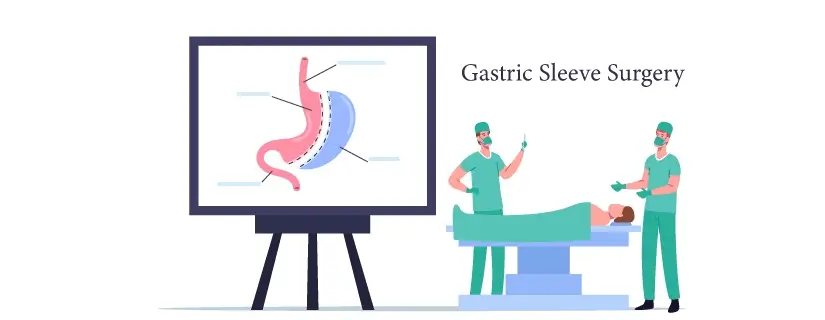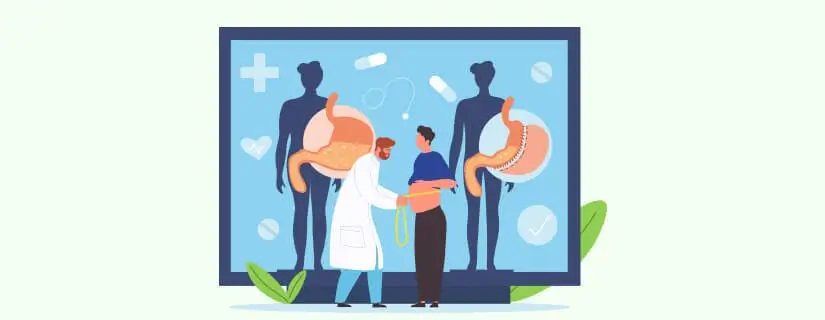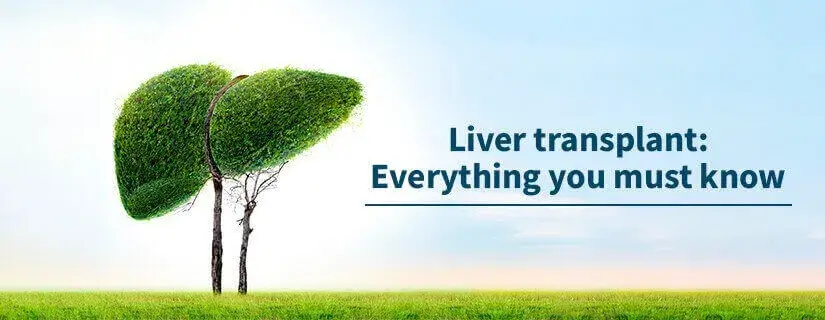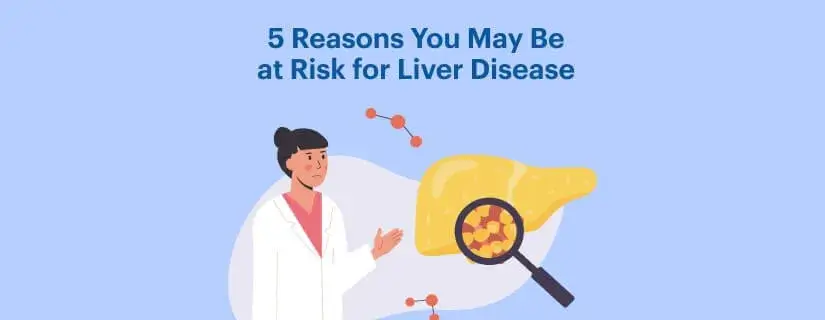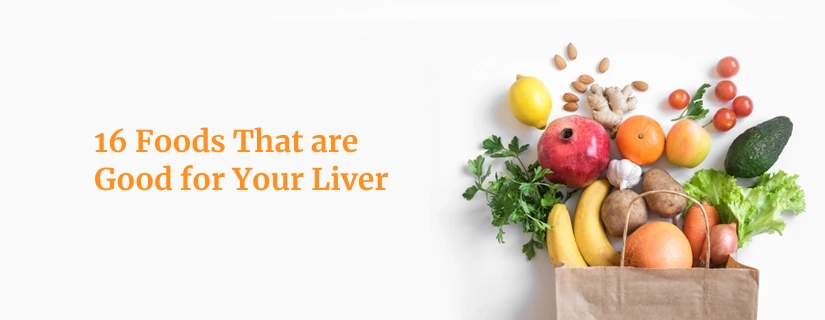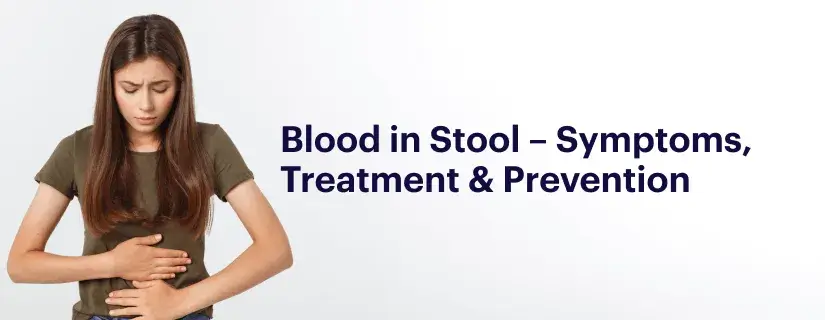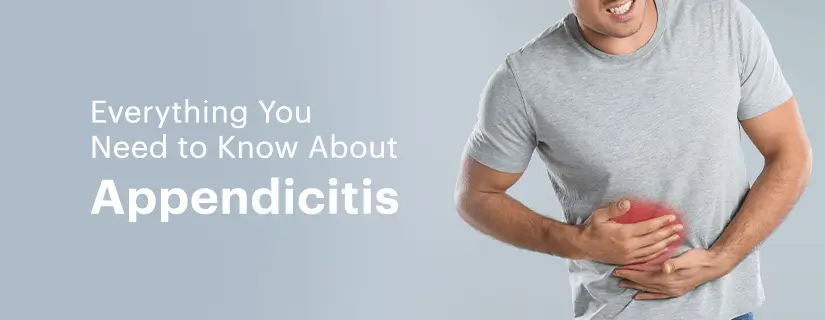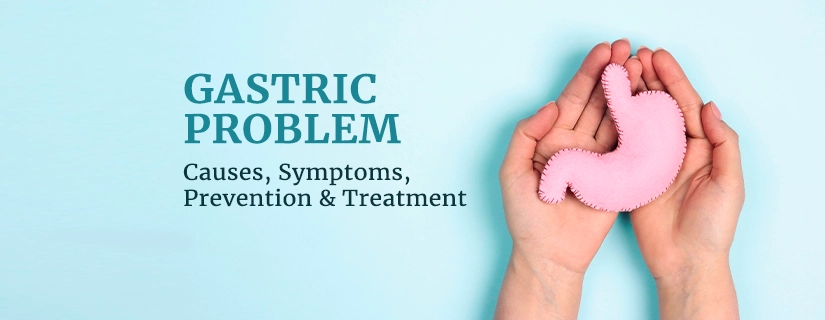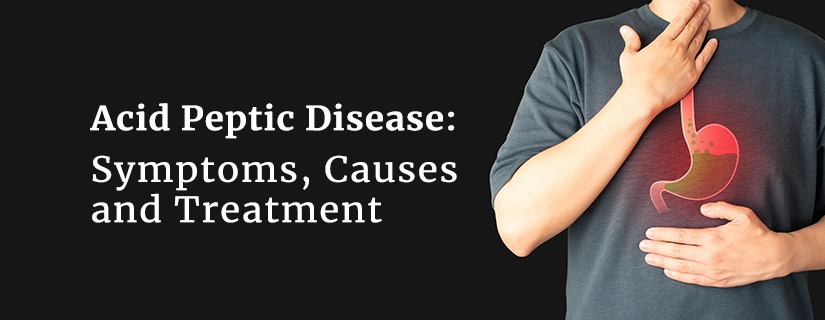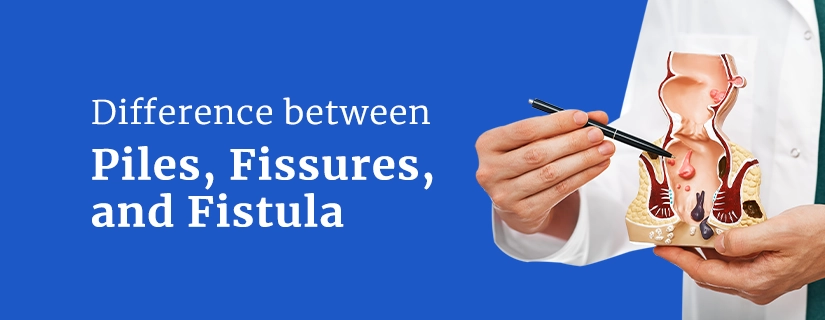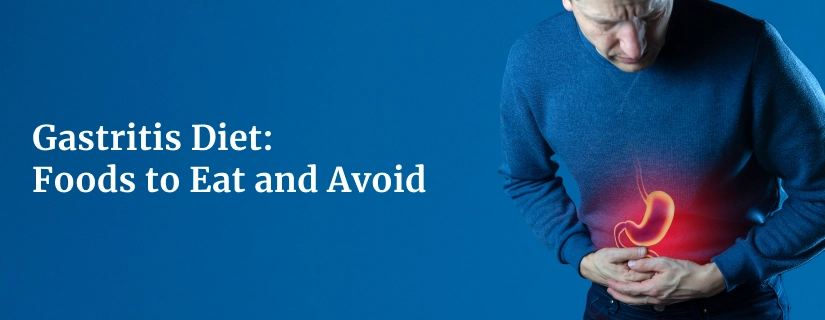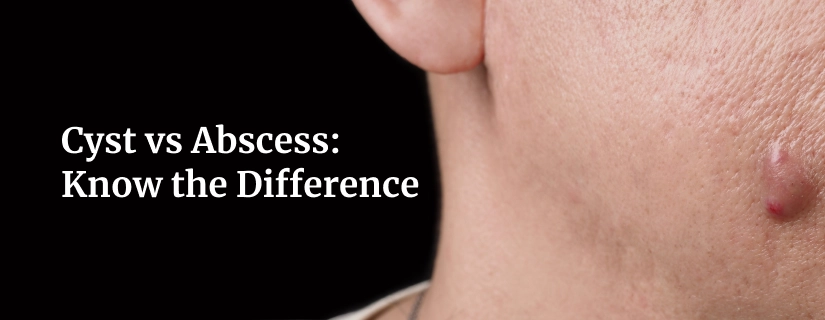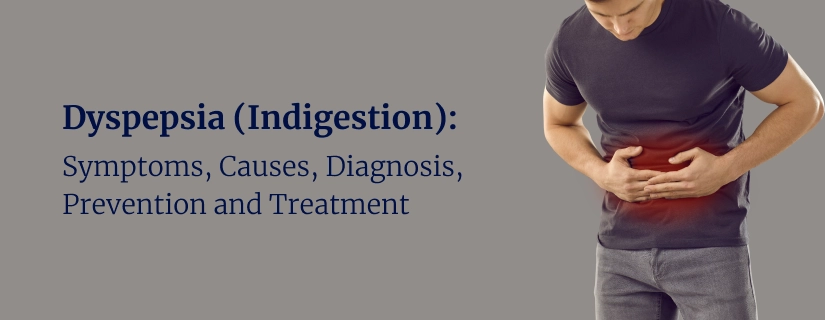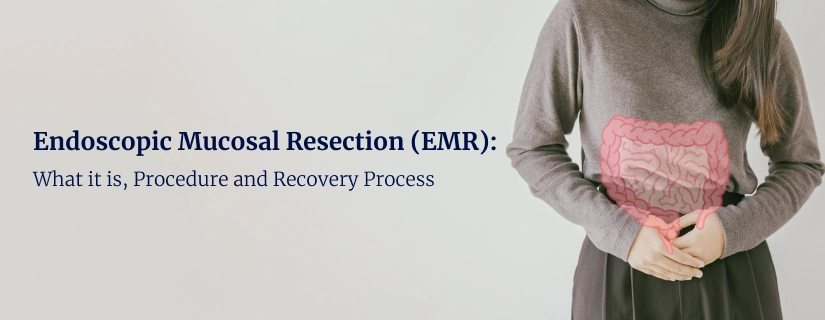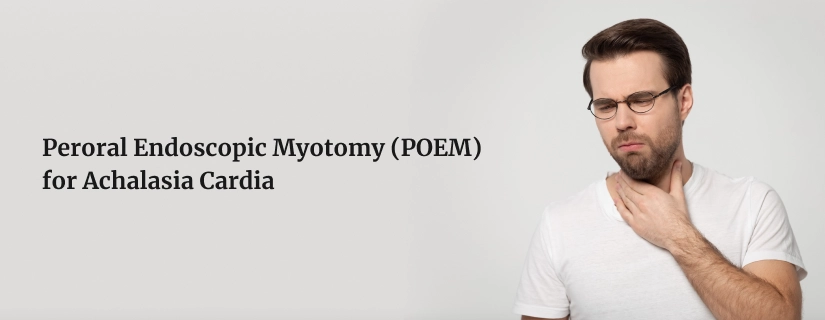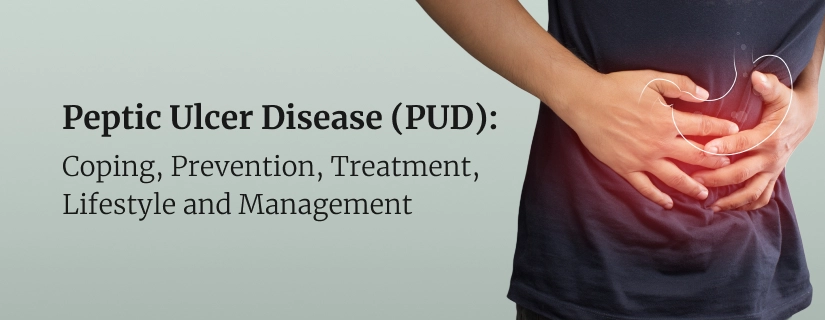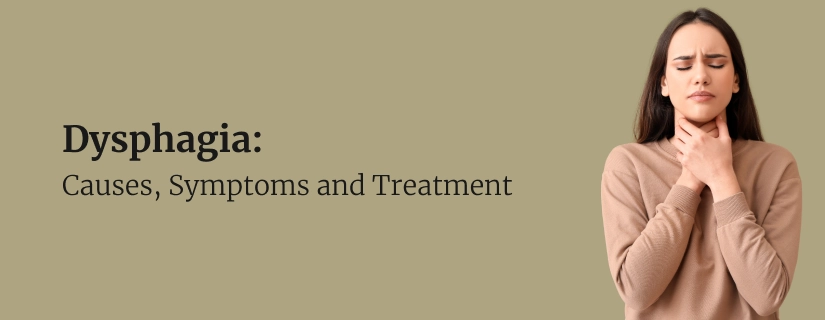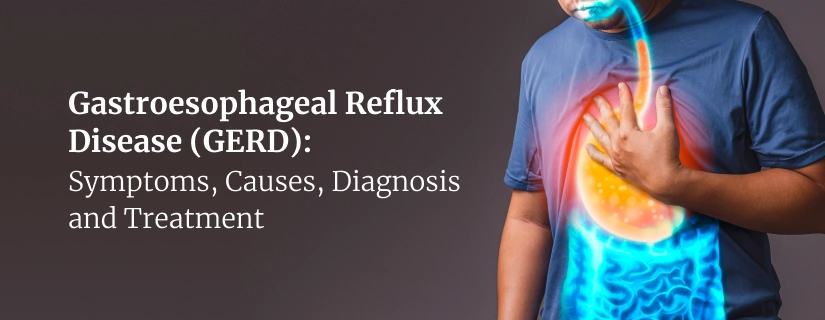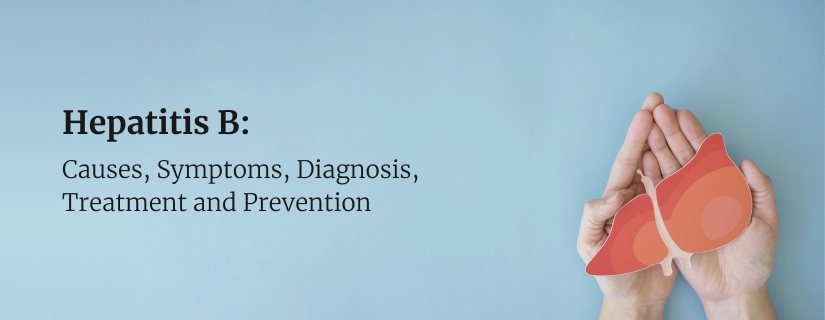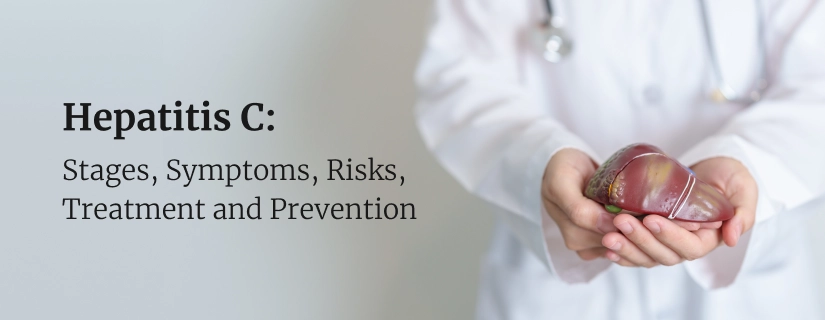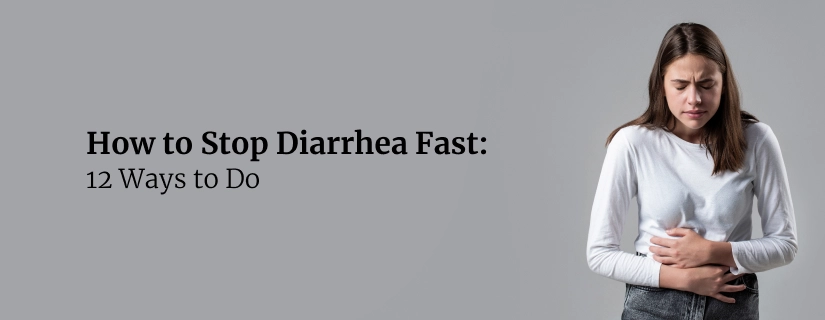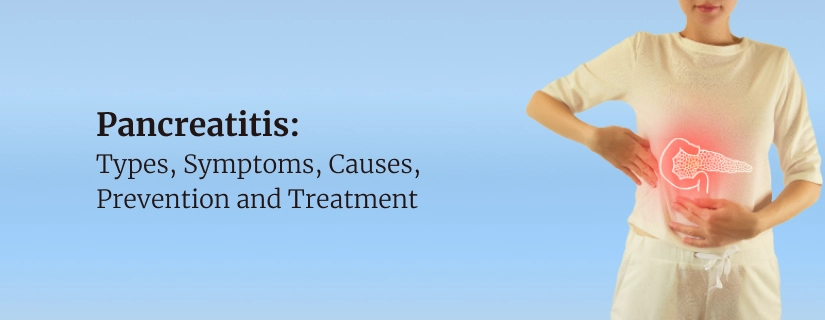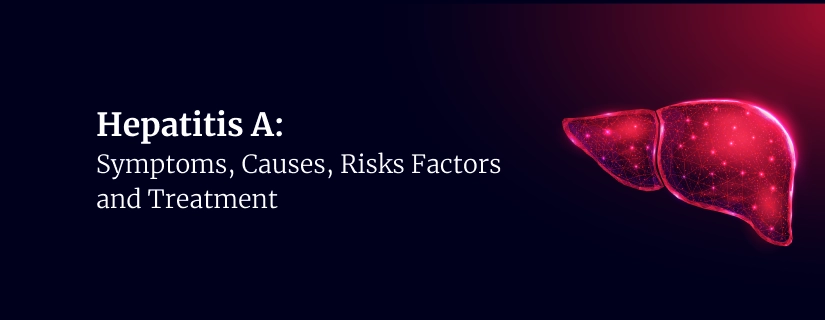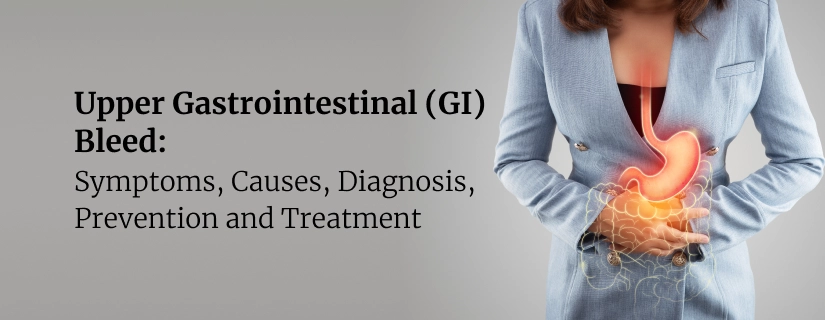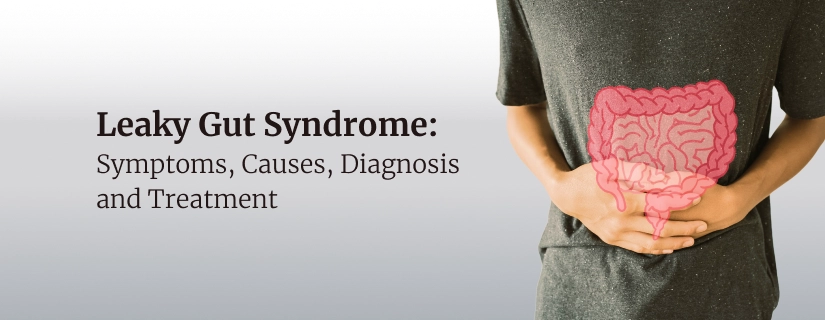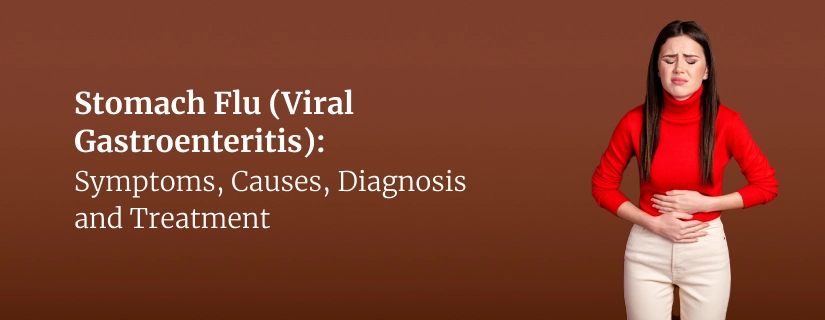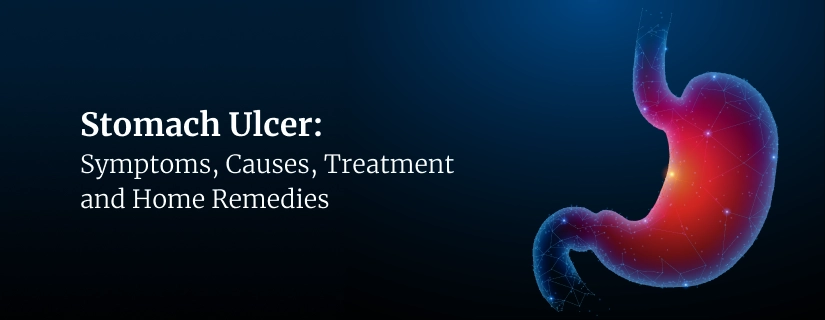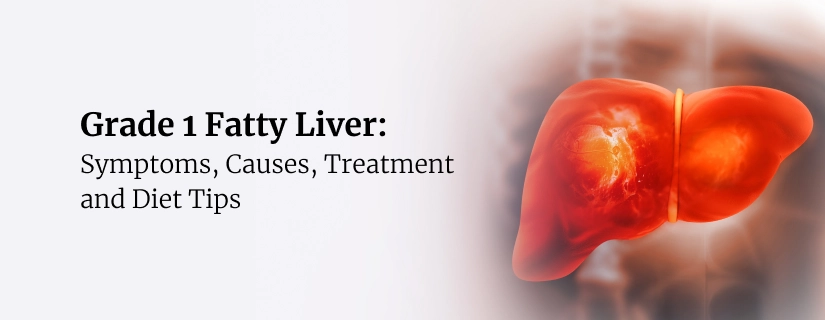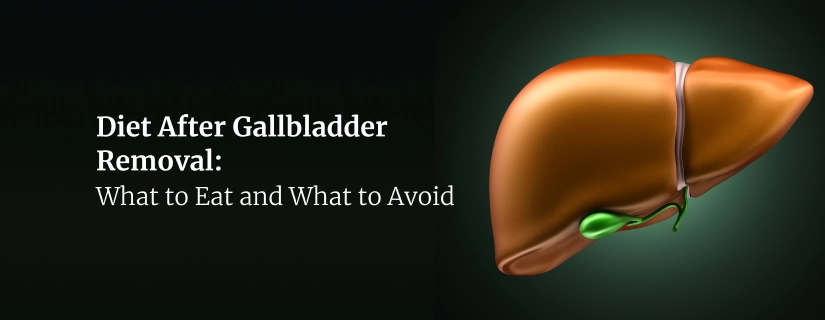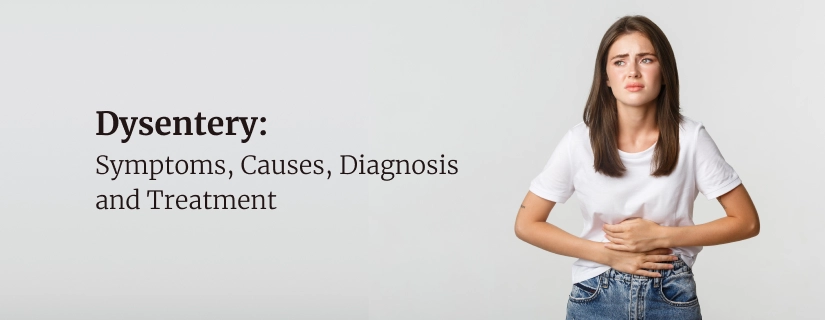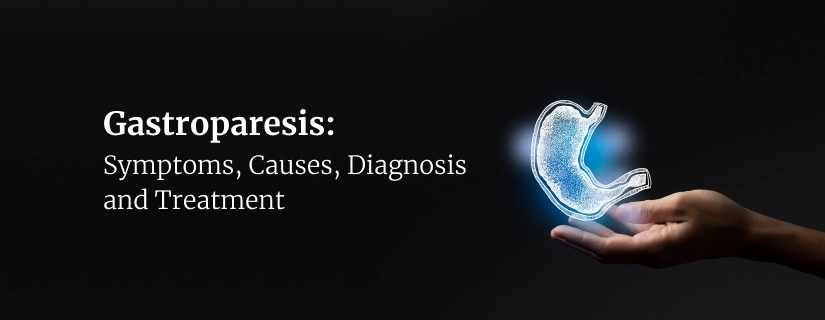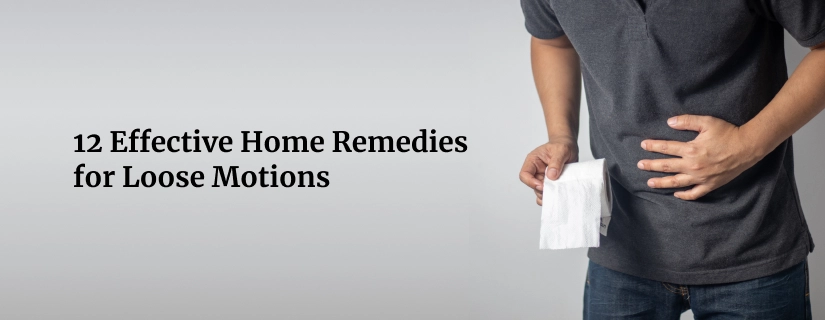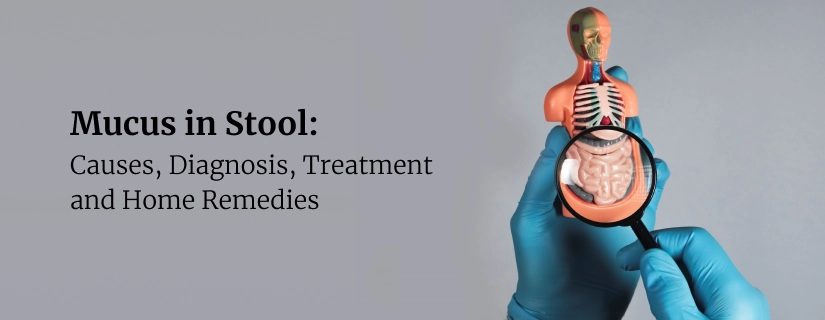-
Doctors
-
Specialities & Treatments
Centre of Excellence
Specialties
Treatments and Procedures
Hospitals & Directions HyderabadCARE Hospitals, Banjara Hills CARE Outpatient Centre, Banjara Hills CARE Hospitals, HITEC City CARE Hospitals, Nampally Gurunanak CARE Hospitals, Musheerabad CARE Hospitals Outpatient Centre, HITEC City CARE Hospitals, Malakpet
HyderabadCARE Hospitals, Banjara Hills CARE Outpatient Centre, Banjara Hills CARE Hospitals, HITEC City CARE Hospitals, Nampally Gurunanak CARE Hospitals, Musheerabad CARE Hospitals Outpatient Centre, HITEC City CARE Hospitals, Malakpet Raipur
Raipur
 Bhubaneswar
Bhubaneswar Visakhapatnam
Visakhapatnam
 Nagpur
Nagpur
 Indore
Indore
 Chh. Sambhajinagar
Chh. SambhajinagarClinics & Medical Centers
Book an AppointmentContact Us
Online Lab Reports
Book an Appointment
Consult Super-Specialist Doctors at CARE Hospitals
Chest Pain Due To Gas: Symptoms, Causes, Diagnosis, and Treatment
Updated on 18 November 2023
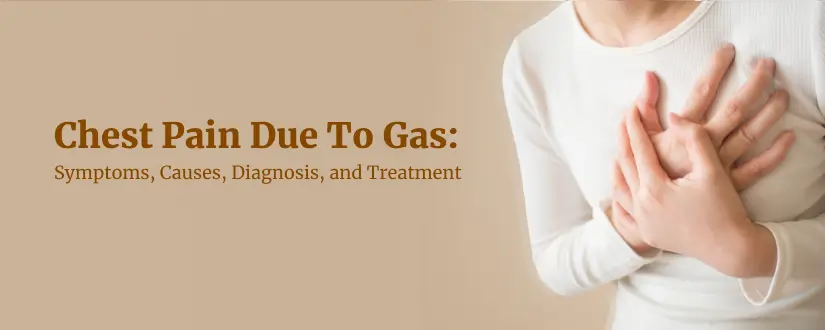
Chest pain due to gas, often referred to as chest discomfort due to gas, is a common and typically benign condition. It occurs when excessive gas accumulates in the digestive tract, causing pressure and discomfort in the chest area. While the sensation can be alarming, understanding the causes, symptoms, and remedies for gas-related chest pain can help alleviate the discomfort and provide peace of mind. This blog will explore the underlying factors, signs, and strategies to manage this discomfort, offering valuable insights into this common yet often misunderstood issue.

Symptoms of Chest Pain Due To Gas
Chest pain due to gas can manifest with various symptoms, often mimicking more serious conditions. Common signs include:
- Sharp or stabbing pain: A sudden, intense pain in the chest, sometimes localized or radiating to other areas.
- Pressure or tightness: A feeling of heaviness or constriction in the chest, resembling the sensation of heart-related pain.
- Bloating and distension: Abdominal bloating accompanied by a full or tight feeling, contributing to chest discomfort.
- Burping or belching: Excessive burping or belching, which may provide temporary relief by releasing built-up gas.
- Increased discomfort after eating: Symptoms intensify following meals, especially if there's consumption of gas-producing foods.
- Radiation to shoulders or back: Discomfort may extend to the shoulders or back, resembling pain associated with more serious cardiac issues.
- Relief with passing gas: Pain may alleviate or decrease after passing gas, indicating its association with gastrointestinal issues.
It's crucial to note that chest pain should always be taken seriously, and if there's any uncertainty about the cause, seeking prompt medical attention is advisable to rule out more severe conditions like heart problems. If you're experiencing persistent or severe chest pain, consult with a healthcare professional for proper evaluation and guidance.
Causes of Chest Pain Due to Gas
Chest pain due to gas is often a result of gastrointestinal factors. Common causes include:
- Swallowed Air: Ingesting air while eating, drinking, or even talking can lead to the accumulation of gas in the digestive tract.
- Gas-Producing Foods: Certain foods, like beans, cabbage, onions, and carbonated beverages, can produce excess gas during digestion.
- Digestive Disorders: Conditions such as irritable bowel syndrome (IBS), gastroesophageal reflux disease (GERD), and inflammatory bowel disease (IBD) can contribute to gas-related chest pain.
- Overeating: Consuming large meals can overwhelm the digestive system, leading to increased gas production and discomfort.
- Poor Eating Habits: Eating too quickly, gulping food or liquids, and not chewing thoroughly can cause excess air into the digestive system.
- Lactose Intolerance: The inability to digest lactose, found in dairy products, can result in gas production and chest discomfort.
- Constipation: A buildup of stool can cause bloating and pressure, leading to gas-related chest pain.
- Anxiety and Stress: Emotional factors can influence digestive processes, contributing to increased gas production and discomfort.
- Medications: Some medications, such as certain antibiotics and laxatives, can cause increased gas.
While gas-related chest pain is often benign, it's crucial to differentiate it from more serious conditions like heart problems. If you're uncertain about the cause of your chest pain or if it's severe and persistent, seek medical attention promptly for a proper diagnosis and appropriate management.
Diagnosis of Chest Pain Due To Gas
Diagnosing chest pain due to gas involves a comprehensive approach to rule out other potentially serious conditions. The process typically includes:
- Medical History: Your doctor will inquire about your symptoms, their duration, and any factors that worsen or alleviate the pain. Information about your diet, eating habits, and stress levels may also be relevant.
- Physical Examination: A thorough physical examination is conducted to assess your overall health and identify any signs that may point to specific causes of chest pain.
- Blood Tests: Blood tests can help assess for signs of inflammation or infection. Elevated levels of certain enzymes may suggest heart-related issues.
- Imaging Studies:
- X-rays: Chest X-rays may be performed to rule out lung or heart conditions.
- CT Scan or MRI: These imaging techniques can provide detailed images of the chest to identify any abnormalities.
- Electrocardiogram (ECG or EKG): This test records the electrical activity of the heart, helping to detect any irregularities or signs of a heart attack.
- Esophageal pH Monitoring: In cases of suspected gastroesophageal reflux disease (GERD), monitoring the pH levels in the esophagus can help diagnose acid reflux.
- Upper Endoscopy (Esophagogastroduodenoscopy or EGD): This procedure involves inserting a flexible tube with a camera through the mouth to examine the esophagus, stomach, and upper part of the small intestine.
- Manometry: This test measures the pressure and contractions of the esophagus, helping to evaluate the function of the esophageal muscles.
- Helicobacter pylori Testing: If an ulcer is suspected, testing for H. pylori, a bacterium associated with stomach ulcers, may be performed.
- Breath Tests: These tests can help diagnose conditions such as lactose intolerance or bacterial overgrowth in the small intestine.
It's essential to consult with a healthcare professional to determine the most appropriate diagnostic tests based on your symptoms and medical history. If you experience severe or persistent chest pain, seek medical attention promptly to rule out serious conditions like heart problems.

Treatment Of Chest Pain Due To Gas
The treatment of chest pain due to gas involves addressing the underlying causes and relieving symptoms. Here are some general strategies:
1. Over-the-Counter Medications:
- Antacids: These can help neutralize stomach acid and provide relief from heartburn and indigestion.
- Simethicone: This medication helps break down gas bubbles, making it easier for your body to expel gas.
2. Dietary Adjustments:
- Identify and avoid gas-producing foods, such as beans, cabbage, onions, and carbonated beverages.
- Eat smaller, more frequent meals to prevent overloading the digestive system.
- Chew food thoroughly to reduce the amount of air swallowed.
3. Lifestyle Modifications:
- Maintain good posture during and after meals to prevent the compression of the digestive organs.
- Avoid lying down or going to bed immediately after eating.
- Stay physically active to promote digestion and reduce bloating.
4. Hydration:
- Drink plenty of water throughout the day to help move food through the digestive system.
- Avoid excessive consumption of caffeinated and alcoholic beverages, as they can contribute to dehydration.
5. Stress Management:
- Practice relaxation techniques, such as deep breathing, meditation, or yoga, to reduce stress and its impact on the digestive system.
6. Prescription Medications:
- In cases of severe or chronic gas-related symptoms, your doctor may prescribe medications to address underlying conditions, such as proton pump inhibitors (PPIs) for GERD or medications for irritable bowel syndrome (IBS).
7. Probiotics:
- Probiotics may help promote a healthy balance of gut bacteria, potentially reducing gas and digestive discomfort.
8. Medical Procedures:
- In some cases, medical procedures may be recommended. For example, if GERD is contributing to chest pain, surgery or endoscopic procedures may be considered.
Always consult with a healthcare professional before starting any new treatment regimen, especially if you're experiencing chest pain. If chest pain is severe, persistent, or accompanied by other concerning symptoms, seek immediate medical attention to rule out serious conditions like heart problems.
Home Remedies For Chest Pain Due To Gas
While it's important to consult with a healthcare professional for persistent or severe chest pain, there are some home remedies that may help alleviate mild chest pain due to gas:
1. Peppermint Tea: Peppermint can help relax the muscles of the gastrointestinal tract and reduce gas. Drink peppermint tea after meals.
2. Ginger: Ginger has anti-inflammatory properties and can help relieve gas and indigestion. You can drink ginger tea or chew on a small piece of fresh ginger.
3. Chamomile Tea: Chamomile has soothing properties that can help with indigestion and gas. Drink chamomile tea before or after meals.
4. Warm Water: Sipping warm water throughout the day can help relax the digestive tract and ease gas discomfort.
5. Fennel Seeds: Chew on a teaspoon of fennel seeds after meals. Fennel can help reduce bloating and gas.
6. Activated Charcoal: Activated charcoal may help absorb gas in the digestive system. However, it's essential to use it cautiously and under guidance, as it can interfere with medication absorption.
7. Apple Cider Vinegar: Mix a tablespoon of apple cider vinegar in a glass of water and drink it before meals. This may help balance stomach acidity.
8. Lemon Water: Squeeze fresh lemon juice into warm water and drink it. Lemon can stimulate digestion and may help reduce gas.
9. Avoid Trigger Foods: Identify and avoid foods that tend to cause gas and bloating, such as beans, broccoli, cabbage, and carbonated beverages.
10. Proper Eating Habits: Eat slowly and chew your food thoroughly to minimize the amount of air swallowed during meals.
11. Aloe Vera Juice: Aloe vera juice may have soothing effects on the digestive tract. Drink a small amount, but avoid excessive intake.
Remember, individual responses to home remedies can vary, and what works for one person may not work for another. If you experience persistent or severe chest pain, it's crucial to seek medical attention promptly to rule out more serious conditions. Home remedies can be complementary but should not be a substitute for professional medical advice and care.
Gas Pain vs Heart Pain
Distinguishing between gas pain and heart pain is crucial, as they can have similar symptoms but vastly different causes and implications. Here are the key differences:
Gas Pain
-
Location:
-
Generally felt in the abdomen or chest.
- Pain can be localized or may move around.
-
- Characteristics:
- Often described as a sharp, stabbing pain or cramp-like discomfort.
- May be associated with bloating and a feeling of fullness.
- Pain tends to be intermittent and may be linked to meals.
- Triggers:
- Eating gas-producing foods.
- Swallowing air.
- Overeating or eating too quickly.
- Relief:
- Passing gas or belching may relieve the pain.
- Changes in position or posture can sometimes alleviate discomfort.
- Associated Symptoms:
- Burping.
- Flatulence (passing gas).
- A feeling of bloating.
Heart Pain (Cardiac Chest Pain)
-
Location:
- Typically felt behind the breastbone (sternum), but can radiate to the arms, jaw, back, or shoulders.
- Characteristics:
- Often described as a crushing, squeezing, or pressure-like sensation.
- May be accompanied by shortness of breath, sweating, or nausea.
- Triggers:
- Physical exertion or emotional stress.
- May not be specifically related to meals.
- Relief:
- Rest or medications like nitroglycerin may alleviate cardiac chest pain.
- Associated Symptoms:
- Shortness of breath.
- Sweating.
- Nausea or vomiting.
When to Seek Emergency Medical Attention?
- Heart Pain (Cardiac Chest Pain):
- Pain persists for more than a few minutes.
- Pain is severe and not relieved by rest or medications.
- Associated symptoms like shortness of breath, sweating, or nausea are present.
- Gas Pain:
- If you're unsure or if the pain is severe, persistent, or accompanied by other concerning symptoms.
It's important to note that chest pain should not be self-diagnosed, and any chest pain should be evaluated by a healthcare professional promptly. If you're uncertain about the cause of your chest pain, seek immediate medical attention to rule out serious conditions like a heart attack.
Conclusion
In conclusion, understanding and addressing chest pain due to gas is crucial for both relief and peace of mind. By identifying triggers like certain foods and adopting lifestyle changes, individuals can often manage and prevent gas-related discomfort effectively. While home remedies can provide relief for mild cases, it's essential to differentiate between gas pain and potential cardiac issues. Always consult with a healthcare professional if chest pain persists or intensifies, ensuring a comprehensive evaluation and appropriate guidance for optimal well-being.
FAQs
1. How long should gas chest pain last?
Gas-related chest pain is typically temporary and may last for a few minutes to a couple of hours. However, the duration can vary based on factors such as the underlying cause, lifestyle changes, and individual responses to remedies. Persistent or severe chest pain should prompt immediate medical attention to rule out conditions that are more serious.
2. Why gas problems are not curable?
Gastric issues are not permanent if you have a perfect lifestyle.
- Eat on time during metabolic eating times.
- Drink water 3 litres per day unless you're advised differently.
- Sleep on time around 10 pm. Balance the stress with work-life adjustments.
- Value your social relationships with pleasant friendships.
- Pursue your dreams with realistic goals.
No more GAS issues if you believe in the above.

ENQUIRY FORM
SELECT CATEGORIES
-
Neurosciences (16)
-
Neurology (37)
-
Neurosurgery (14)
-
Orthopaedics (48)
-
Oncology (33)
-
Obstetrics and gynecology (52)
-
Pulmonology (23)
-
Urology (20)
-
Nephrology (13)
-
Psychiatry (7)
-
Dietetics and Nutrition (111)
-
General Medicine (63)
-
Cardiac Sciences (32)
-
Vascular & Endovascular Surgery and Interventional Radiology (15)
-
Gastroenterology (46)
-
Endocrinology (23)
-
Plastic Surgery (10)
-
Critical Care Medicine (5)
-
COVID-19 (16)
-
Dermatology (16)
-
Emergency Care (1)
-
Ophthalmology (4)
-
Pediatrics (14)
-
Laparoscopic and Bariatric Surgery (8)
-
ENT (15)
-
Kidney Transplant (1)
-
Liver Transplantation and Hepatobiliary Surgery (5)
-
General Surgery (3)
-
Internal Medicine (5)
-
Medicine Information
How to Get Rid of Gallbladder Stones Without Surgery?
Headache Due To Gas: Causes, Symptoms and Home Remedies
YOU MAY ALSO LIKE
RECENT BLOGS
-

Preterm Birth (Premature Birth): Symptoms, Causes, Treatment and Prevention
13 May 2025
Read More
-

Rotablation Angioplasty: Benefits, Treatments, And Recovery Time
9 May 2025
Read More
-

What Is The Difference Between IUI and IVF?
9 May 2025
Read More
-

Venous Malformations: Causes, Symptoms, and Treatment
30 April 2025
Read More
-

Varicose Vein Foam Sclerotherapy: Treatment, Benefits, and Procedure
30 April 2025
Read More
-

Radiofrequency (RF) Ablation Treatment for Varicose Veins: Know More
30 April 2025
Read More
-

Varicose Vein Sclerotherapy: Treatment, Benefits, and Procedure
30 April 2025
Read More
-

Varicose Vein Endovenous Laser Ablation: Procedure, Benefits, Risks
30 April 2025
Read More
Have a Question?
If you cannot find answers to your queries, please fill out the enquiry form or call the number below. We will contact you shortly.


